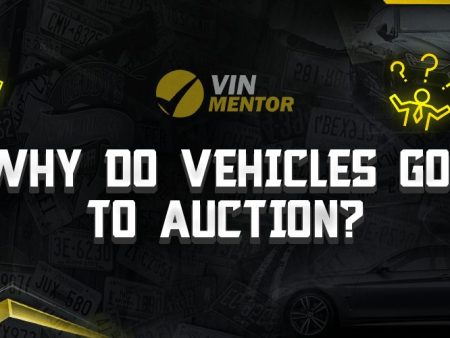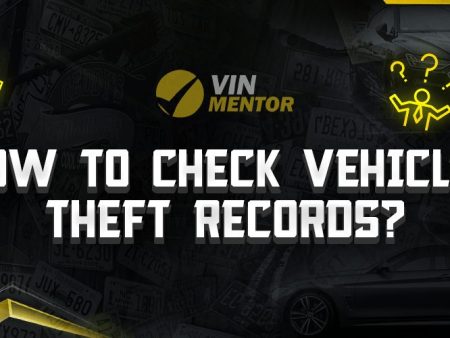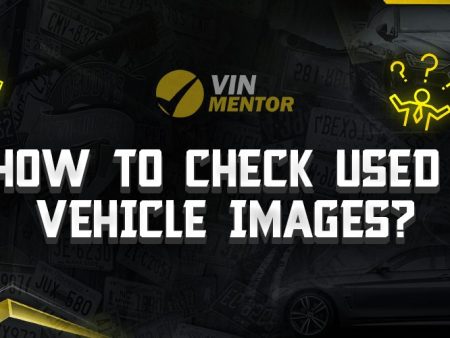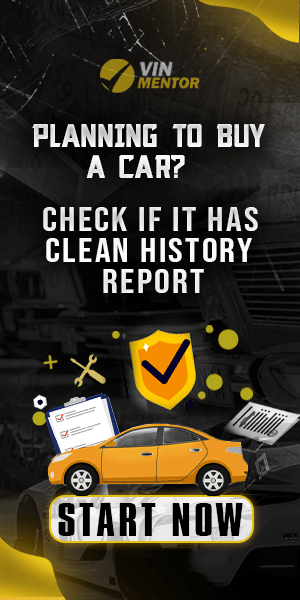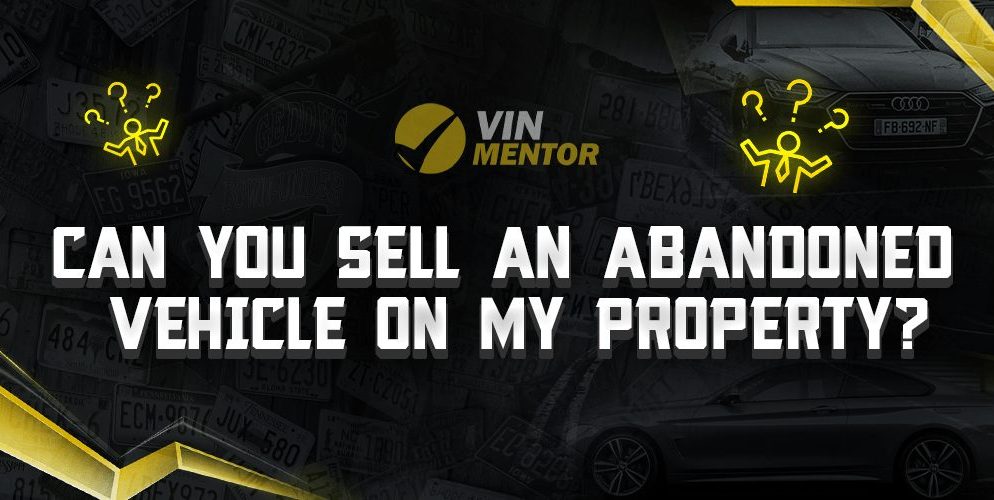
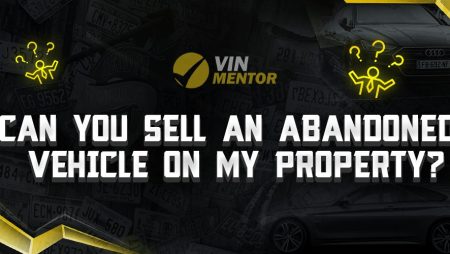
Discovering an abandoned vehicle on your property can be an inconvenience and raise questions about what you can legally do with it. If you’re wondering whether you can sell an abandoned vehicle on your property, read on to find out more about the guidelines and considerations surrounding abandoned vehicles.
Key Takeaways
- An abandoned vehicle refers to a vehicle left on private property without the owner’s consent and with no intention to reclaim it.
- When faced with an abandoned vehicle on your property, follow proper procedures to ensure legal compliance and protect yourself from potential liabilities.
- Contact law enforcement immediately to report the presence of the abandoned vehicle and provide them with all necessary information.
- Document the situation by taking clear photographs of the vehicle from various angles and making written notes about its condition and location.
- Make reasonable efforts to locate the owner by checking for identification tags or registration documents, contacting local motor vehicle agencies, and posting written notices near the vehicle.
Understanding the Concept of an Abandoned Vehicle
An abandoned vehicle is typically defined as a vehicle left on private property without the owner’s consent and with no intention to reclaim it. However, it is important to note that you cannot sell an abandoned vehicle on your property.
Proper Procedures for Handling Abandoned Vehicles
When faced with an abandoned vehicle on your property, it is crucial to follow the proper procedures to ensure legal compliance and protect yourself from any potential liabilities. Here are the steps you should take:
- Contacting Law Enforcement: As soon as you discover an abandoned vehicle on your property, your first course of action should be to contact the appropriate law enforcement agency. They will have the knowledge and authority to handle the situation. Provide them with all the necessary information, such as the vehicle’s location, make, model, and license plate number. Law enforcement will initiate the process of identifying the vehicle’s owner and taking the necessary actions.
- Documenting the Situation: To strengthen your position and protect yourself legally, it is essential to document the presence of the abandoned vehicle. Take clear and detailed photographs of the vehicle from various angles, capturing its condition, any damages, and its precise location on your property. Additionally, make written notes describing the vehicle’s appearance and any identifying features. This documentation will serve as evidence if legal disputes arise in the future.
- Attempting to Locate the Owner: As a responsible property owner, it is important to make a reasonable effort to locate the owner of the abandoned vehicle. Start by checking if there are any identification tags or registration documents left in the vehicle. If possible, contact local motor vehicle agencies and provide them with the vehicle’s information to help in identifying the owner. Additionally, you can post written notices near the vehicle, informing the owner of the situation and requesting their immediate attention.
Conclusion
It is clear that selling an abandoned vehicle on your property is not permissible. Understanding the concept of an abandoned vehicle and following the proper procedures is crucial to ensure legal compliance and protect yourself from potential liabilities. Remember the key steps: promptly contact law enforcement to report the presence of the abandoned vehicle, document the situation with photographs and written notes, and make reasonable efforts to locate the owner.
FAQ
Can I legally sell an abandoned vehicle on my property?
No, it is not permissible to sell an abandoned vehicle on your property. Selling an abandoned vehicle requires following specific legal procedures, and it is typically the responsibility of law enforcement or designated authorities.
What should I do if I find an abandoned vehicle on my property?
If you discover an abandoned vehicle on your property, you should immediately contact law enforcement and provide them with all relevant information, such as the vehicle’s location, make, model, and license plate number. They will initiate the process of identifying the owner and taking appropriate actions.
Am I responsible for removing the abandoned vehicle from my property?
The responsibility for removing the abandoned vehicle usually lies with the appropriate authorities, such as law enforcement or local government agencies. They will handle the necessary procedures for impounding or disposing of the vehicle.
How can I protect myself legally when dealing with an abandoned vehicle?
To protect yourself legally, it is crucial to document the presence of the abandoned vehicle by taking clear photographs from various angles and making written notes about its condition and location. Additionally, promptly report the situation to law enforcement and follow their guidance throughout the process.
What efforts should I make to locate the owner of the abandoned vehicle?
As a responsible property owner, you should make reasonable efforts to locate the owner of the abandoned vehicle. Check for any identification tags or registration documents left in the vehicle. Contact local motor vehicle agencies with the vehicle’s information to assist in identifying the owner. You can also post written notices near the vehicle, informing the owner of the situation and requesting their immediate attention.
Can I tow or remove the abandoned vehicle from my property without involving law enforcement?
It is generally recommended to involve law enforcement or appropriate authorities in the process of dealing with an abandoned vehicle. Removing or towing the vehicle without following proper procedures could potentially result in legal issues or liabilities.
What are the potential liabilities of selling or disposing of an abandoned vehicle without legal authorization?
Selling or disposing of an abandoned vehicle without legal authorization can lead to various liabilities, including legal penalties, fines, and potential lawsuits from the vehicle’s rightful owner. It is essential to follow the proper procedures and involve the appropriate authorities to avoid these liabilities.
